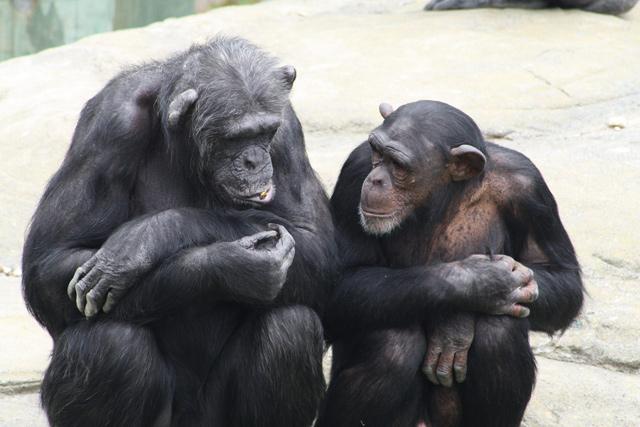You are here
Nearly 5 million fewer girls to be born worldwide over next 10 years
By AFP - Aug 04,2021 - Last updated at Aug 04,2021

AFP photo
PARIS — An estimated 4.7 million fewer girls are expected to be born globally in the next 10 years because of sex-selective practices in countries with a cultural preference for male offspring, a trend that could undermine social cohesion in the long term, research showed on Tuesday.
The research suggested that the projected shortfall in the number of girls being born will lead to a surplus of young men in around a third of the global population by 2030, which could lead to increased anti-social behaviour and violence.
Sex-selective abortions have been on the rise for the past 40 years in countries throughout southeast Europe along with south and east Asia, with as-yet undetermined demographic impacts.
To model what short- and long-term effect sex selection will have on societies, an international team of researchers analysed data from more than three billion births over the last 50 years.
Focusing on 12 countries where the male-to-female ratio had increased since 1970 and another 17 where that ratio was at risk of increasing due to social or cultural trends, they simulated two scenarios.
The first assumed an increase in the rate of sex selection, based on statistical evidence.
The second scenario assumed increased sex selection in certain countries, based on observed trends and decreased fertility, but for which specific data were lacking.
In scenario 1, countries saw a shortfall of 4.7 million in the number of girls being born by 2030. For scenario 2, the figure jumped to more than 22 million globally by 2100.
Authors of the research, published in the BMJ medical journal, said the bias towards male offspring could lead to a “marriage squeeze” in affected countries.
“Fewer-than-expected females in a population could result in elevated levels of anti-social behaviour and violence, and may ultimately affect long-term stability and social sustainable development,” they wrote.
The United Nations defines sex-selective practices alongside child marriage and female genital mutilation as harmful practices targeted under the Millennium Development Goals.
The authors of the new study called for better data collection of such practices in order to stamp them out, as well as wider education initiatives.
“A broader objective relates to the need to influence gender norms which lie at the core of harmful practices such as prenatal sex selection,” they wrote.
“This calls for broader legal frameworks to ensure gender equality.”
Related Articles
BEIJING — When Wang Rong gave birth to her second son, she reminded her husband of a promise he made even before their wedding: To let
Their marriages were arranged for cash, but some of the Vietnamese women who have found unlikely Prince Charmings in remote Chinese villages say they are living happily ever after.
WASHINGTON — When it comes to friendships, people are known to become more selective with age.It turns out the same is true of male ch
















